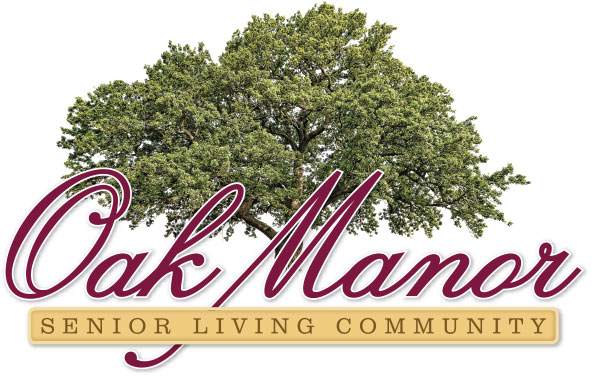When someone you love transitions into assisted living, it represents one of life’s most significant moments. While families often focus on the practical aspects, such as selecting the right community, organizing belongings, and managing finances, the emotional needs of assisted living residents also deserve equal attention.
Navigating these emotional challenges is the first step toward providing meaningful support. As an assisted living community in Largo, FL, we understand the emotional needs of individuals in assisted living. The Oaks Manor Senior Living Community team shares strategies on how you can help your family member not just survive this change, but truly thrive.
Understanding the Impact of This Life Change
Feelings of Loss
The transition to assisted living often brings profound feelings of loss. Older adults may mourn the home they’ve lived in for decades. These feelings are entirely normal and should be validated rather than dismissed. Your loved one may need time to process leaving behind photo albums on familiar shelves, the garden they tended for years, or the local coffee shop where everyone knew their name.
Anxiety About the Unknown
New environments, unfamiliar team members, different meal times, and unknown routines can create overwhelming stress for older adults. This anxiety often stems from uncertainty about what daily life will look like. Questions about personal freedom, privacy, and social expectations can create persistent worry. Some new residents may also experience anxiety about their health declining or becoming more dependent on others for care.
Desire for Continued Independence
Many older adults have spent their entire adult lives making their own decisions, managing their households, and maintaining control over their daily schedules. The move to assisted living can feel like surrendering this autonomy, even when the reality offers more support than restriction. Individuals may feel their ability to make choices has been diminished, leading to feelings of helplessness or resentment.
Feelings of Isolation Despite Community
Paradoxically, many individuals fear they will experience loneliness even when surrounded by other residents and caregivers. This may be compounded by the absence of family members who live far away or visit infrequently.
The emotional needs in assisted living encompass not only basic companionship but also meaningful connections that offer purpose and joy. Without addressing these social needs, older adults may withdraw further, making the adjustment period more difficult and prolonged.
Support Strategies for Families and Caregivers
Providing Emotional Support
- Practice active listening and validation: Create space for your loved one to express their feelings without judgment. Use phrases like “I can understand why this feels overwhelming” or “It makes sense that you’re missing your old routine.”
- Create a comfortable and personalized space: Help transform their new living space into a welcoming environment by incorporating familiar items, favorite photographs, and cherished possessions. This personal touch can significantly ease the emotional adjustment.
Fostering a Sense of Purpose
- Encourage participation in activities: Gently introduce your loved one to community activities that align with their interests. Whether it’s card games, art classes, or music programs, our assisted living community in Largo, FL, fosters new connections through meaningful activities.
- Involve them in decision-making processes: Whenever possible, include your family member in choices about their care, daily schedule, and living arrangements. This involvement helps preserve their sense of autonomy and control.
- Set achievable goals: Help your loved one establish small, realistic goals that provide direction and a sense of accomplishment. This might include learning a new skill, mentoring other residents, or contributing to community projects.
Maintaining Strong Family Connections
- Establish regular visits and communication: Create a consistent schedule for visits, phone calls, or video chats. Predictable contact helps your family member feel connected and gives them something to look forward to.
- Include them in family events: Whenever possible, bring your loved one to family gatherings, celebrations, or casual get-togethers. If transportation is challenging, consider hosting events in their community or using video technology to include them virtually.
- Share memories and stories: Encourage conversations about family history, shared experiences, and meaningful memories. This practice reinforces their important role in the family narrative and validates their life experiences.
Taking the Next Step Together
Supporting the emotional needs of a loved one in assisted living requires patience, understanding, and often professional guidance. Remember that adjustment takes time, and setbacks are normal parts of the process. Some days will be better than others, and that’s perfectly acceptable. The key lies in maintaining open communication, celebrating small victories, and remaining flexible as your family member adapts to their new environment.
If you’re considering assisted living in Largo, FL, for someone you love, don’t navigate this important decision alone. Our experienced team understands the emotional complexities of this transition and can help you find solutions that address both practical needs and emotional well-being. Contact us today to discuss how we can support your family through this journey and help your loved one thrive in their new community.

